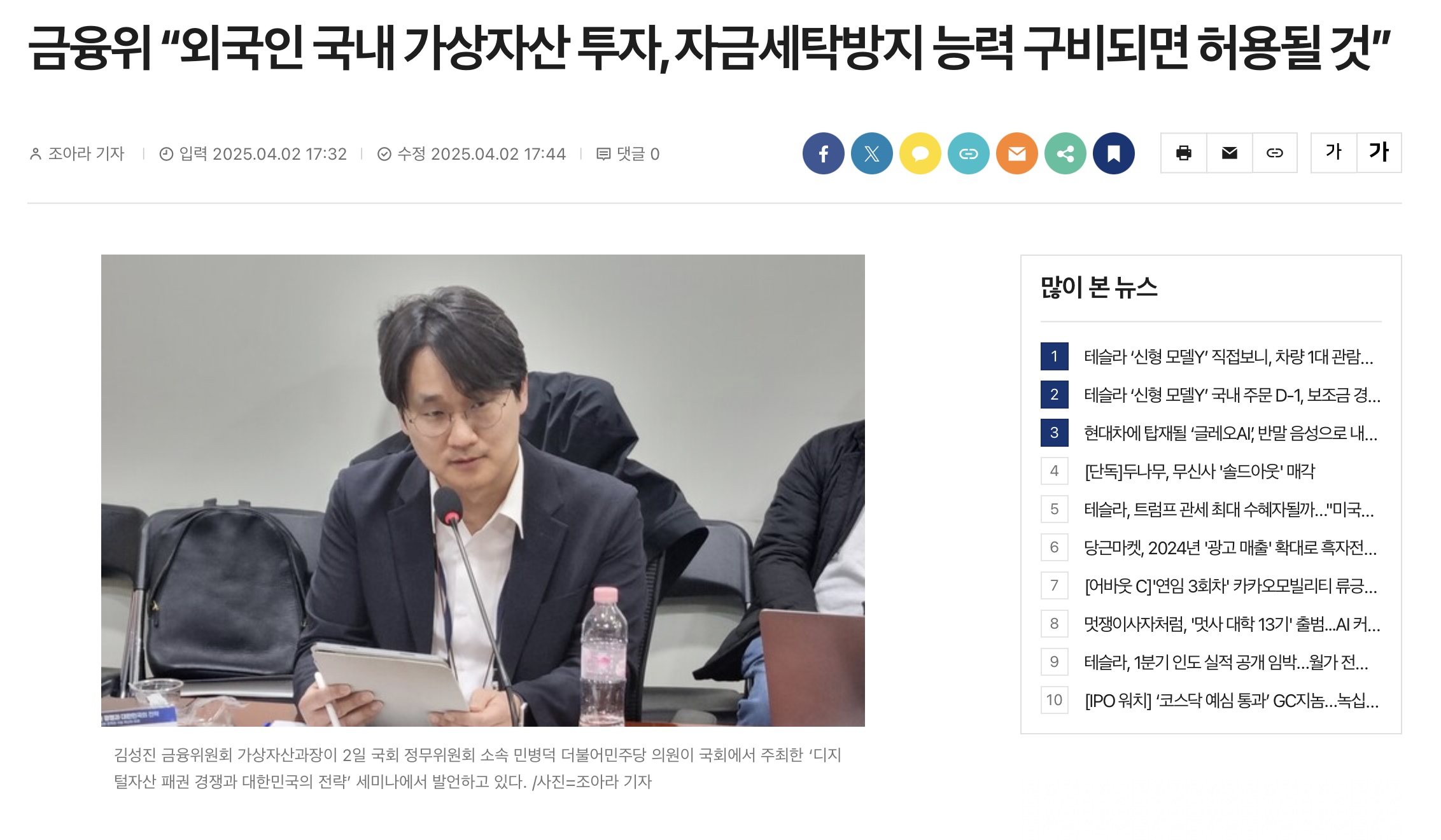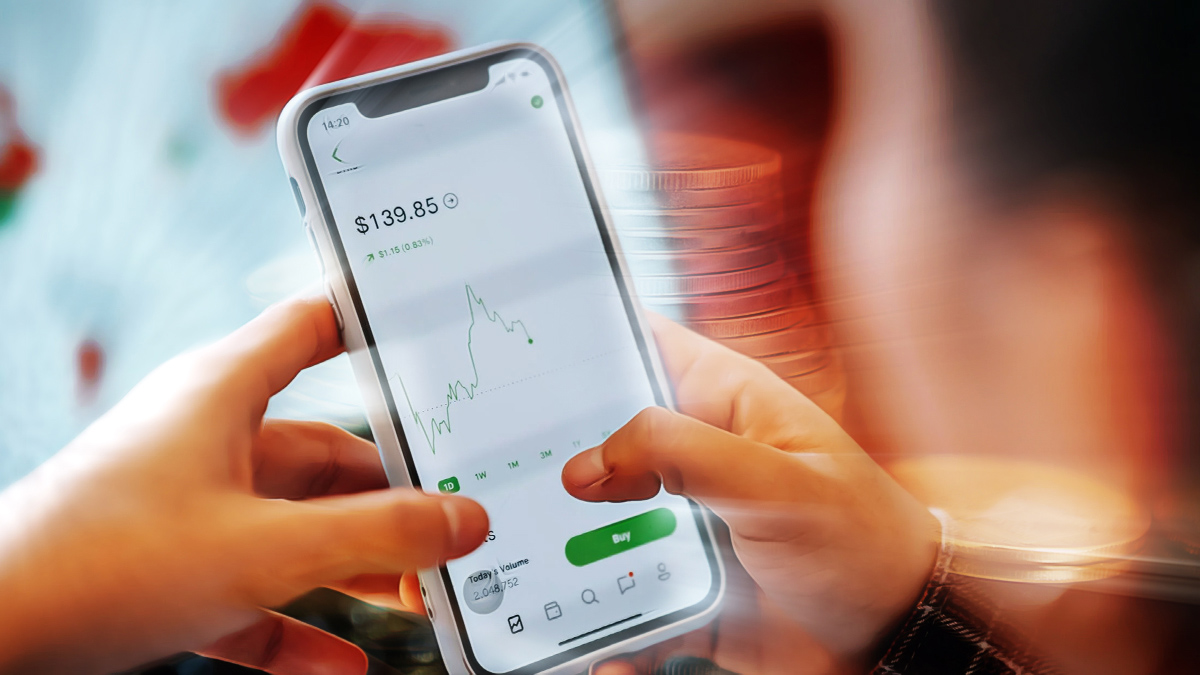South Korea is considering welcoming foreign investors into the cryptocurrency sector. The country’s top financial oversight body has indicated that if local exchanges implement sufficient measures to combat money laundering, they may allow foreign investment. This potential shift stands in contrast to South Korea’s long-standing capital controls and has drawn attention across the financial landscape. The announcement was made by Kim Sung-jin, the head of cryptocurrency at the Financial Services Commission (FSC).
Green Light for Foreign Investors
During a seminar at the National Assembly, Kim Sung-jin expressed a “positive” attitude towards enabling foreign investors to access the local cryptocurrency market. According to local media outlet Bloter, Kim highlighted their search for methods to attract global investors. However, he emphasized that this process would proceed only if local exchanges demonstrate adequate capabilities in preventing money laundering.

Currently, foreigners cannot trade on local cryptocurrency exchanges in South Korea. This restriction stems from the requirement that users must conduct transactions only through bank accounts registered in their names. South Korea’s strict adherence to “Know Your Customer” (KYC) principles also enforces rigid rules in this sector. Research head Peter Chung noted that opening doors for foreign investors could effectively nullify existing capital controls.
Focus on AML Compliance
In light of recent cryptocurrency policies from the U.S., South Korea is reassessing its capital controls to align with global trends. Chung believes that opening the market to foreign investors could invigorate the local cryptocurrency landscape and increase the use of U.S. dollar-pegged stablecoins. Additionally, this move might eliminate the “Kimchi Premium,” which causes cryptocurrency prices to be higher domestically compared to international rates.
However, officials believe that local exchanges’ systems for preventing money laundering remain inadequate. This sentiment was clearly echoed in recent statements from FSC officials, especially after the commission implemented the Travel Rule recommended by the Financial Action Task Force (FATF) in March 2022. This rule mandates that sender and recipient information be collected for transactions exceeding one million South Korean won (approximately $681). Recently, major South Korean exchanges are preparing to apply this rule to lower-value transactions.
Earlier this year, South Korea’s largest cryptocurrency exchange, Upbit, received a hefty fine. The Financial Intelligence Unit alleged that the exchange ignored dozens of transactions with unregistered foreign exchanges. However, a Seoul court accepted Upbit’s appeal, suspending the enforcement of the fine. This decision has increased uncertainty regarding the future direction of market regulations.
South Korea, particularly known for its altcoin-heavy trading volume, is one of the largest cryptocurrency markets globally. In March alone, Upbit’s monthly trading volume exceeded $85 billion. Opening such a significant market to global investors could have far-reaching implications worldwide.









